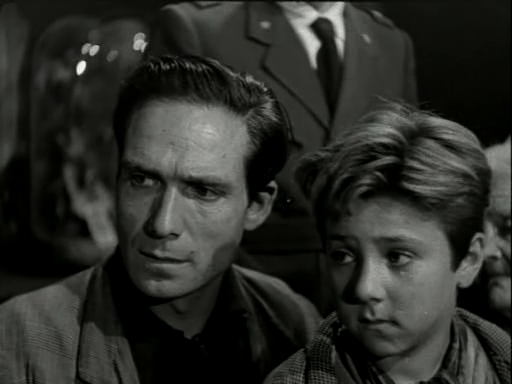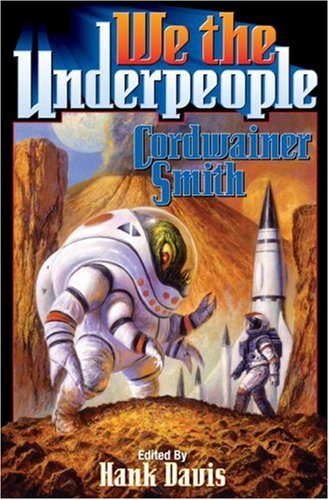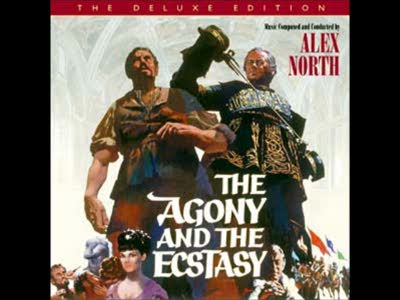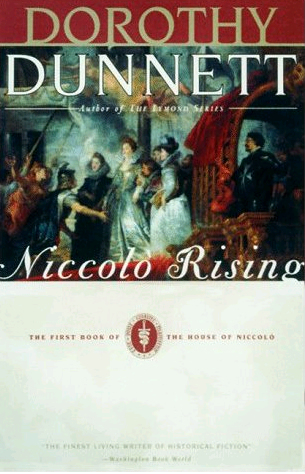Whenever I take the train they announce that “this is a non-smoking train”, which I find funny, because it implies that there actually is a train somewhere that you’re allowed to smoke in. It’s like they’re teasing the smokers: Oh, we’re sorry, you just missed the train where you can smoke as much as you like.
But there aren’t any. There are basically no indoor places outside your own home where you’re allowed to smoke any more. I remember when it was different, but the memories are vague, and I’m not sure which of them are real. Did I really walk into a train once where the air was full of nicotine smoke? It’s hard to believe, but I think I did.
The smokers seem to accept their new restrictions, which I guess means we’re winning the war on this particular drug. When we do, I’ll appreciate the result, but regret the means, and worry about the consequences.
The war on nicotine will have taught us a dangerous lesson. It didn’t have to: It could have taught us that we should take care of our own bodies, and not fill them with things that will kill us. Instead we have learned that when a voluntary habit carries some risk, it’s okay to harass people and control their lives until they change their behavior.
If we defeat nicotine, we did it by allying with our inner authoritarian conformist. Will we be able to put down that which we have called up? Will we even want to?











